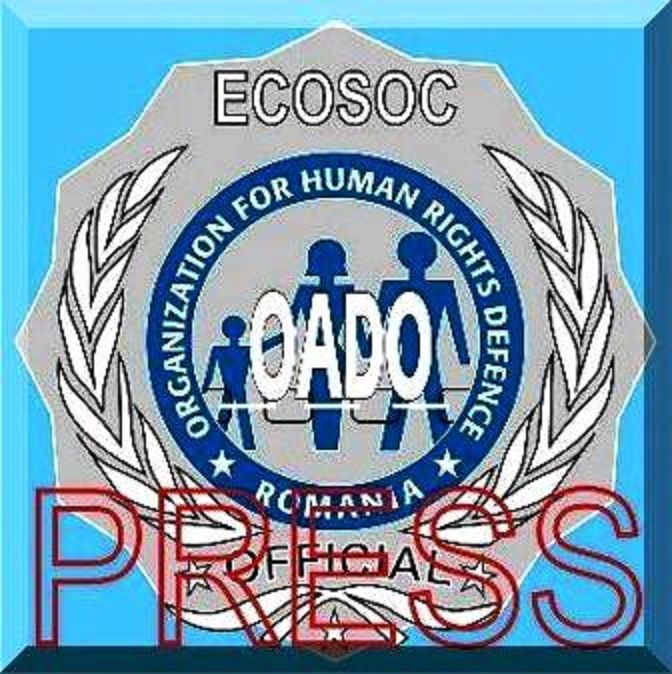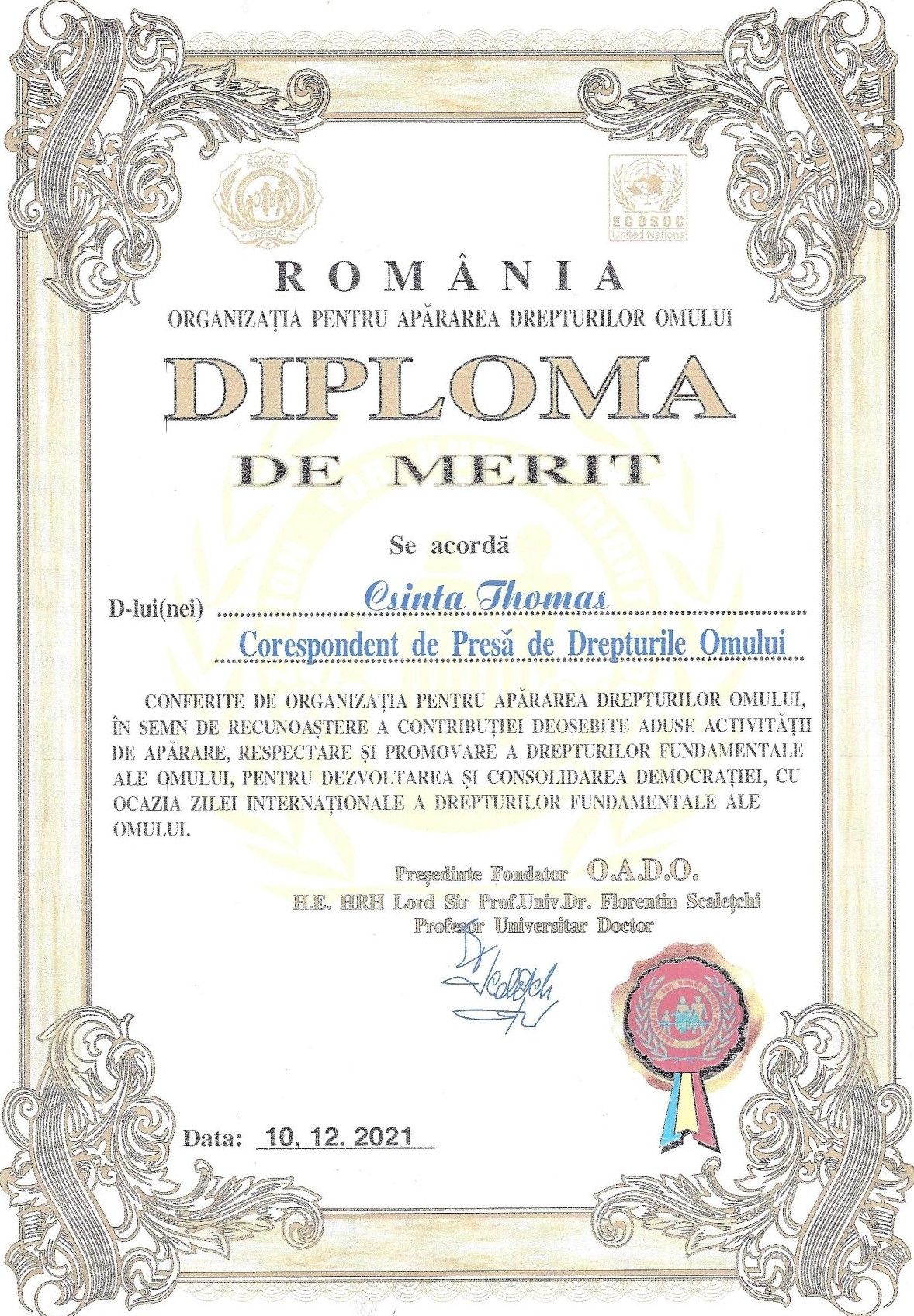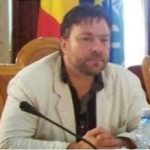

Thomas CSINTA, Profesor de matematici aplicate în științe inginerești și social–economice, Director de studii CUFR (Consultanță Universitară Franco – Română) de pe lângă Școlile Superioare Franceze de Înalte Studii (Les Grandes Ecoles). CUFR (Conseil Universitaire Franco–Roumain auprès des grandes écoles françaises), Cofondator IRSCA Gifted Education, Vicepreşedintele Consortiului EDUGATE (Consorțiul Român pentru Educația Copiilor și Tinerilor Supradotați și Talentați)
 Copiii supradotați depind în totalitate de adulții din preajma lor pentru a fi descoperiți. Fii un adult responsabil. Vino cu copilul tău la un test IQ internațional validat pe populația României.
Copiii supradotați depind în totalitate de adulții din preajma lor pentru a fi descoperiți. Fii un adult responsabil. Vino cu copilul tău la un test IQ internațional validat pe populația României.
De ce să dai un test de IQ?
Pentru că de cele mai multe ori părinții au intuiția bună!
Informații bazate pe expertiză noastră cu peste 2.900 de copii testați în ultimii 12 ani pentru IQ la standarde internaționale:
1. aproximativ 85% dintre părinții care vin anual cu copiii la testări de IQ chiar au copii supradotați
2. din lista de caracteristici de comportament arătate de copiii supradotați cele mai frecvent menționate de părinți în sondaje sunt: „se plictisește la școală”, „este hiperenergic”, „nu are răbdare cu procesele de rutină”, „pune multe întrebări și enervează profesorii”, „are o mare intensitate a trăirilor emoționale”.
3. În urmă oricărui test de IQ, dacă copilul tău are IQ superior, noi îl invităm la o selecție aprofundată, în avantajul tău că părinte pentru a-i înțelege nevoile.
Copiii supradotați depind în totalitate de adulții din preajma lor pentru a fi descoperiți. Fii un adult responsabil!
Dacă copilul tău are peste 6 ani poate participa la o testare de IQ.
Participând la testările noastre, este posibil să candidezi pentru un loc în Programul Academic dedicat în exclusivitate copiilor supradotați.
Calendarul următoarei testări IQ la nivel internațional în Bucureșți: 11 februarie (vineri) 2022, ora 16.30. Detalii și înscriere: click aici
PS. Adulții pot veni la un test IQ? Da. Am primit multe solicitări chiar și de la adulți pentru un test de IQ. Testele IQ te ajută:
- să-ți întăreșți stimă de sine
- să-ți confirmi niște bănuieli pentru „de ce m-am simt tot timpul altfel decât ceilalți”
- să înțelegi cum funcționează creierul tău știind că un IQ se corelează cu modificări structurale în felul cum sunt utilizate emisferele
- să privești în retrospectivă și să te înțelegi mai bine cum funcționezi în relații, în grup și că persoană
- să urmărești detaliile (click aici) pe site-ul Centrului Gifted Education pentru acele informații care sunt specifice giftedness

Contact Monica Gheorghiu, Centrul Gifted Education
Note. Gifted education (also known as gifted and talented education (GATE), talented and gifted programs (TAG), or G/T education) is a broad group of special practices, procedures, and theories used in the education of children who have been identified as gifted or talented. The main approaches to gifted education are enrichment and acceleration. An enrichment program teaches additional, related material, but keeps the student progressing through the curriculum at the same rate as other students. For example, after the gifted students have completed the normal work in the curriculum, an enrichment program might provide them with additional information about a subject. An acceleration program advances the student through the standard curriculum faster than normal. This is done through many different approaches.
There is no standard global definition of what a gifted student is; multiple definitions exist. Most definitions select the students who are the most skilled or talented in a given area, e.g., the students with the most skill or talent in music, language, logical reasoning, or mathematics. The percentage of students selected varies, generally with 10% or fewer being selected for gifted education programs. However, since students vary in their aptitudes and achievements, a student who is not gifted in one area, such as music, may be considered gifted in another, such as language. Consequently, even if all programs agreed to include only the top 5% of students in their area, more than just 5% of students would be identified as gifted.
Definition of giftedness
Gifted children generally have exceptional achievement or potential in one or more of the following domains:
- a high level of measured intelligence;
- specific academic aptitude in a subject area;
- creative thinking;
- superior talent in visual and performing arts;
- natural leadership of peers; and
- psychomotor ability – outstanding performance or ingenuity in athletics, mechanical skills or other areas requiring gross or fine motor coordination;
The multi-dimensional aspect of intelligence has been promoted by Professor Howard Gardner from the Harvard Graduate School of Education in his theory of multiple intelligences. In his introduction to the tenth anniversary edition of his classic work Frames of Mind, he says: In the heyday of the psychometric and behaviorist eras, it was generally believed that intelligence was a single entity that was inherited; and that human beings – initially a blank slate-could be trained to learn anything, provided that it was presented in an appropriate way. Nowadays an increasing number of researchers believe precisely the opposite; that there exists a multitude of intelligences, quite independent of each other; that each intelligence has its own strengths and constraints; that the mind is far from unencumbered at birth; and that it is unexpectedly difficult to teach things that go against early ‘naive’ theories of that challenge the natural lines of force within an intelligence and its matching domains. (Gardner 1993)
Howard Gardner initially formulated a list of seven intelligences, but later added an eighth, that are intrinsic to the human mind: linguistic, logical/mathematical, visual/spatial, musical, bodily kinesthetic, intrapersonal, interpersonal, and naturalist intelligences. It has become widely accepted at both local and international scales to adopt a broad definition of giftedness using multiple criteria to formulate gifted education policy.

Notă. Articole asociate
Gifted Education. Selecțiile pentru anul Academic 2022 sunt în curs de derulare
Nota redacției



Parteneriat Jurnalul Bucureştiului



















